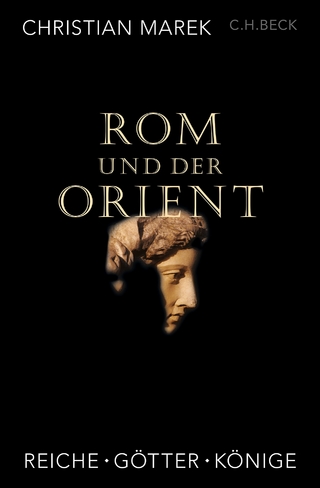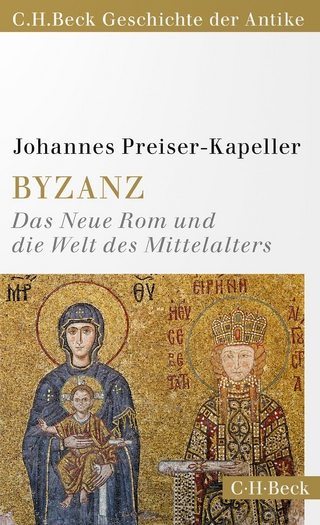
Tacitean Visual Narrative
Seiten
2020
Bloomsbury Academic (Verlag)
978-1-350-09700-1 (ISBN)
Bloomsbury Academic (Verlag)
978-1-350-09700-1 (ISBN)
Combining the studies of modern film, traditional narratology, and Roman art, this interdisciplinary work explores the complex and highly visual techniques of Tacitus' Annales. The volume opens with a discussion of current research in narratology, as applied to Roman historians. Narratology is a helpful and insightful tool, but is often inadequate to deal with specifically visual aspects of ancient narrative. In order to illuminate Tacitus’ techniques, and to make them speak to modern readers, this book focuses on drawing and illustrating parallels between Tacitus’ historiographical methods and modern film effects.
Building on these premises, Waddell examines a wide array of Tacitus’ visual narrative devices. Tacitean examples are discussed in light of their narrative effect and purpose in the Annales, as well as the ways in which they are similar to contemporary Roman art and modern film techniques, including focalization, alignment, use of the ambiguous gaze, temporal suggestion and quick-cutting. Through this approach the modern scholar gains a deeper understanding of the many ways in which Tacitus’ Annales act upon the reader, and how his narrative technique helps to shape, guide, and deeply layer his history.
Building on these premises, Waddell examines a wide array of Tacitus’ visual narrative devices. Tacitean examples are discussed in light of their narrative effect and purpose in the Annales, as well as the ways in which they are similar to contemporary Roman art and modern film techniques, including focalization, alignment, use of the ambiguous gaze, temporal suggestion and quick-cutting. Through this approach the modern scholar gains a deeper understanding of the many ways in which Tacitus’ Annales act upon the reader, and how his narrative technique helps to shape, guide, and deeply layer his history.
Philip Waddell is Assistant Professor of Classics at the University of Arizona, USA.
List of Illustrations
Introduction
PART I: Lens and Voice
Chapter 1: Focalizing Empire
Chapter 2: Vox Caesaris, Vox Taciti: Imperial Alignment
Chapter 3: The Directed Gaze and the Construction of Meaning
PART II: Transition and Connection
Chapter 4: Shadows Over Rome: Temporal Suggestion
Chapter 5: Eloquent Collisions: The Quick-Cut
Works Cited
Index Locorum
General Index
| Erscheinungsdatum | 13.11.2020 |
|---|---|
| Zusatzinfo | 25 bw illus |
| Verlagsort | London |
| Sprache | englisch |
| Maße | 156 x 234 mm |
| Gewicht | 535 g |
| Themenwelt | Literatur ► Klassiker / Moderne Klassiker |
| Kunst / Musik / Theater ► Film / TV | |
| Kunst / Musik / Theater ► Kunstgeschichte / Kunststile | |
| Geschichte ► Allgemeine Geschichte ► Altertum / Antike | |
| Sozialwissenschaften ► Kommunikation / Medien ► Medienwissenschaft | |
| ISBN-10 | 1-350-09700-4 / 1350097004 |
| ISBN-13 | 978-1-350-09700-1 / 9781350097001 |
| Zustand | Neuware |
| Informationen gemäß Produktsicherheitsverordnung (GPSR) | |
| Haben Sie eine Frage zum Produkt? |
Mehr entdecken
aus dem Bereich
aus dem Bereich
das Neue Rom und die Welt des Mittelalters
Buch | Softcover (2023)
C.H.Beck (Verlag)
CHF 30,80
Krieg und Frieden im Goldenen Zeitalter Roms
Buch | Hardcover (2024)
Klett-Cotta (Verlag)
CHF 44,75


